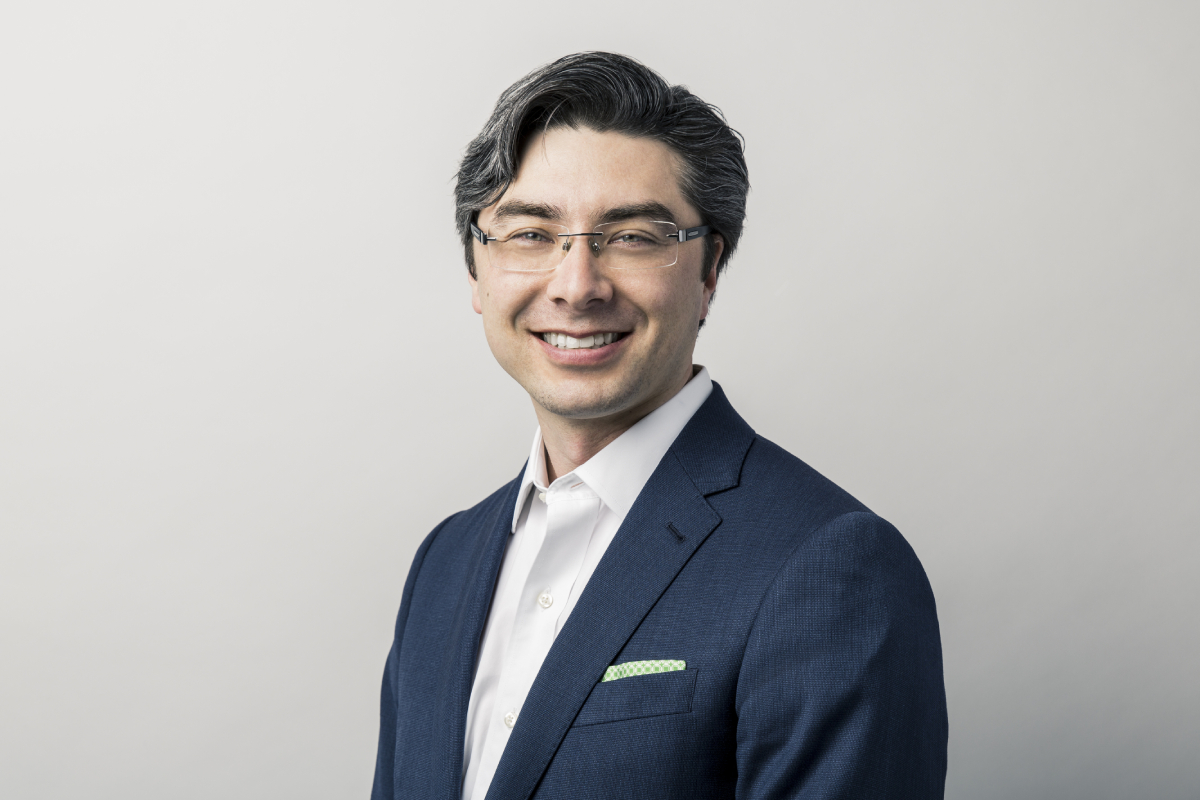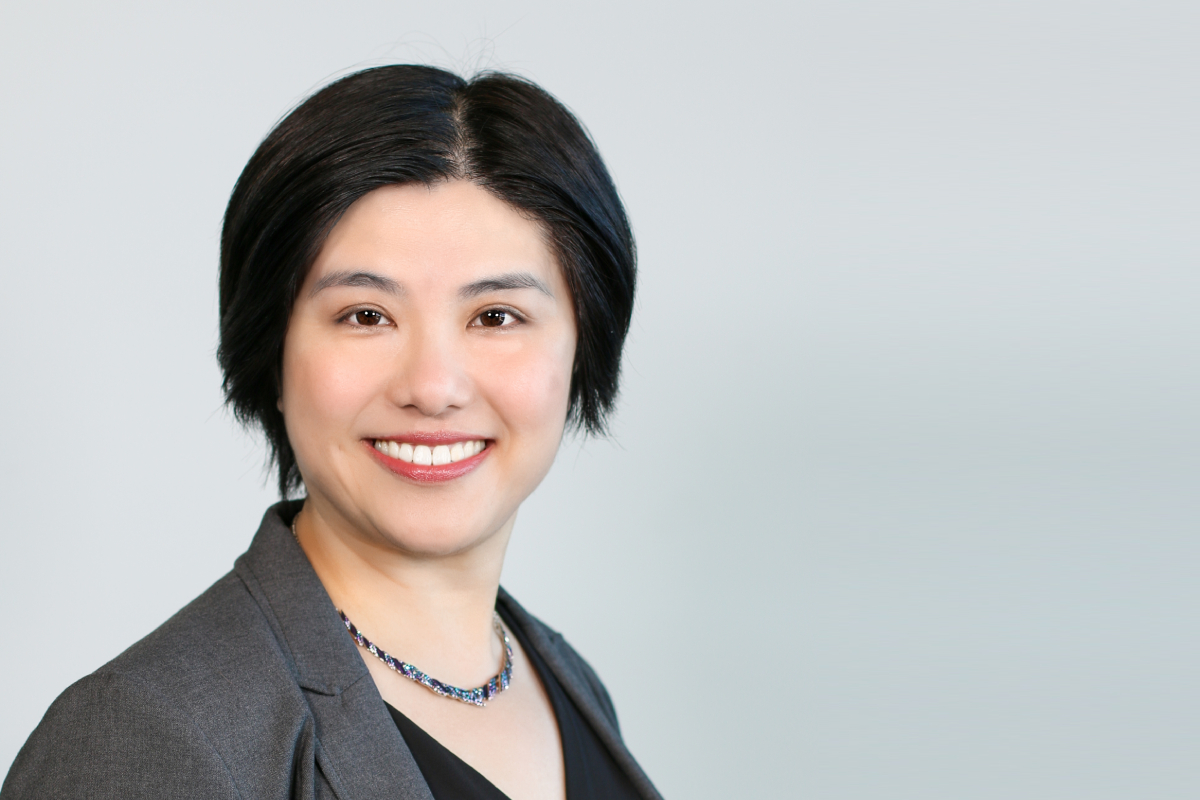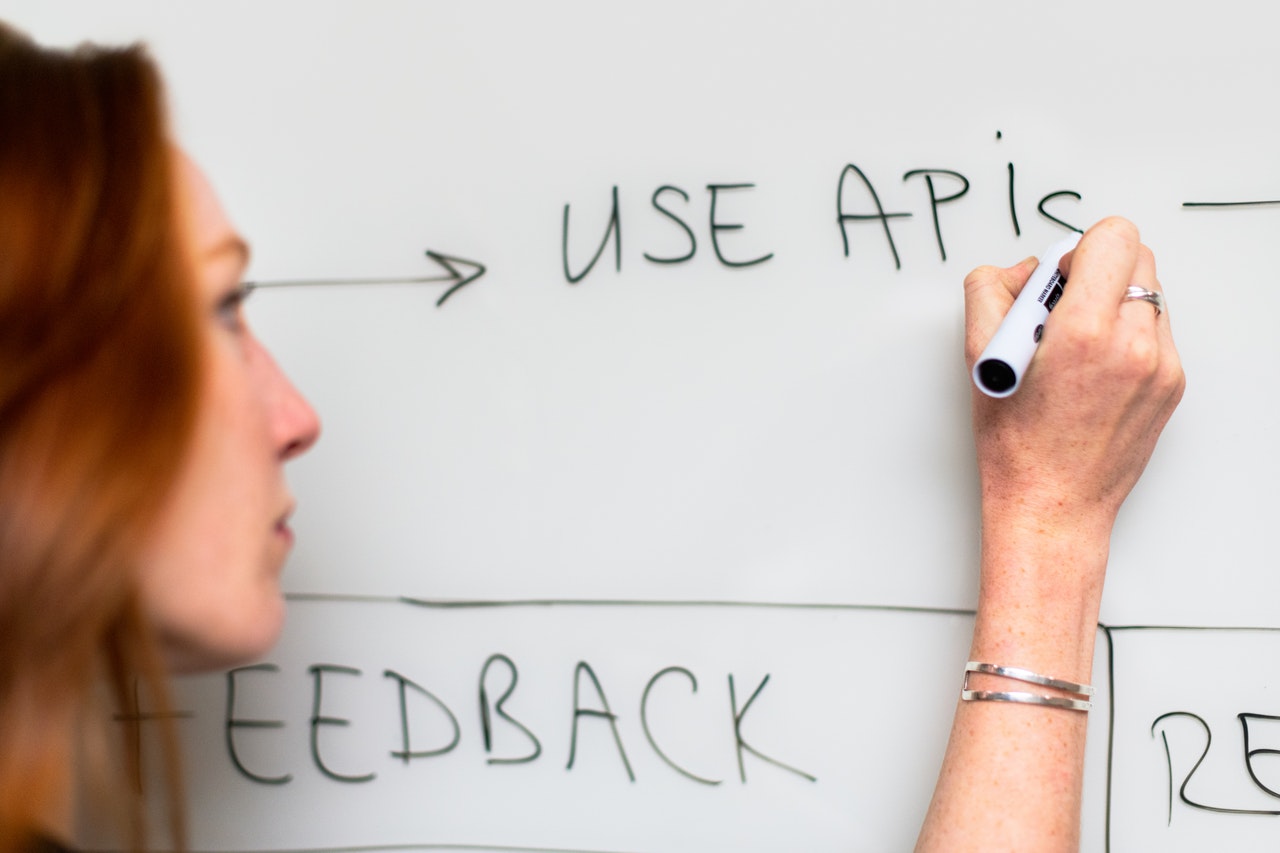BGC Canada (Boys and Girls Clubs of Canada) was founded in St. John, New Brunswick, 120 years ago by off-duty police officers who wished to occupy young boys with after-school activities and sports in hopes of keeping them away from trouble. Over the years, a greater number of clubs mushroomed across the country. Today, there are 85 clubs in 775 community locations in Canada with current participant figures at 200,000.
The clubs progressed to allow girls to partake in activities as well. For a long time, it was called the Boys and Girls Club and more recently rebranded to BGC Canada, reflective of gender and age inclusivity—participation from children in late teen years and early twenties is encouraged by the club. The clubs focus on developing life skills in the participants through after-school programs, crime prevention, employment and mental health counselling.
Read to see what Owen Charters, President & CEO of BGC Canada, and this year’s Youth of the Year recipient, Valentina Shamoun, have to say about being part of BGC Canada and about their entrepreneurial and leadership experiences.
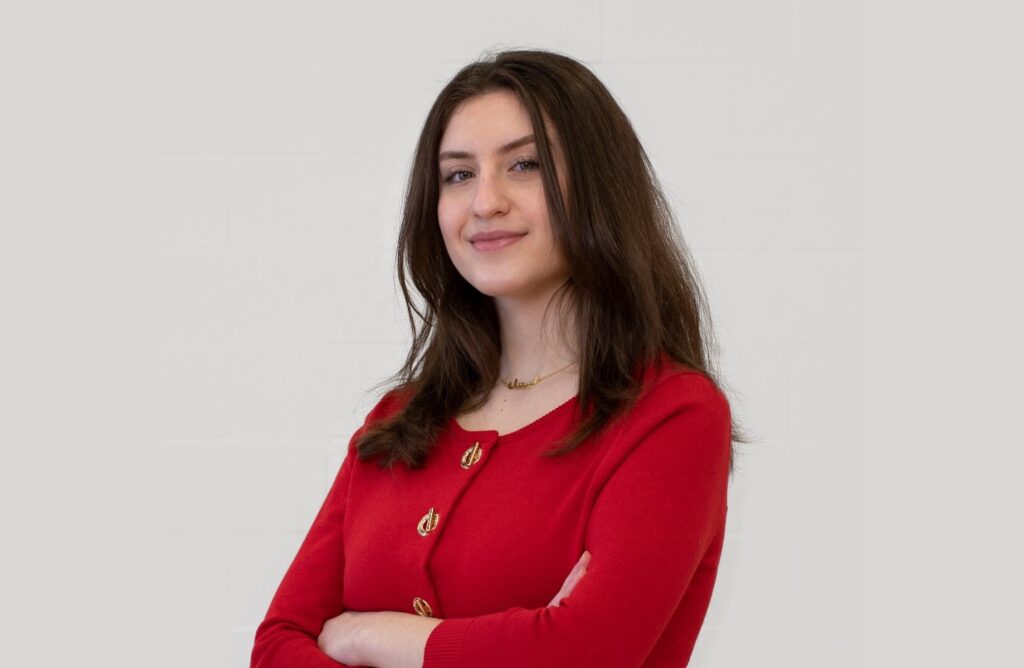
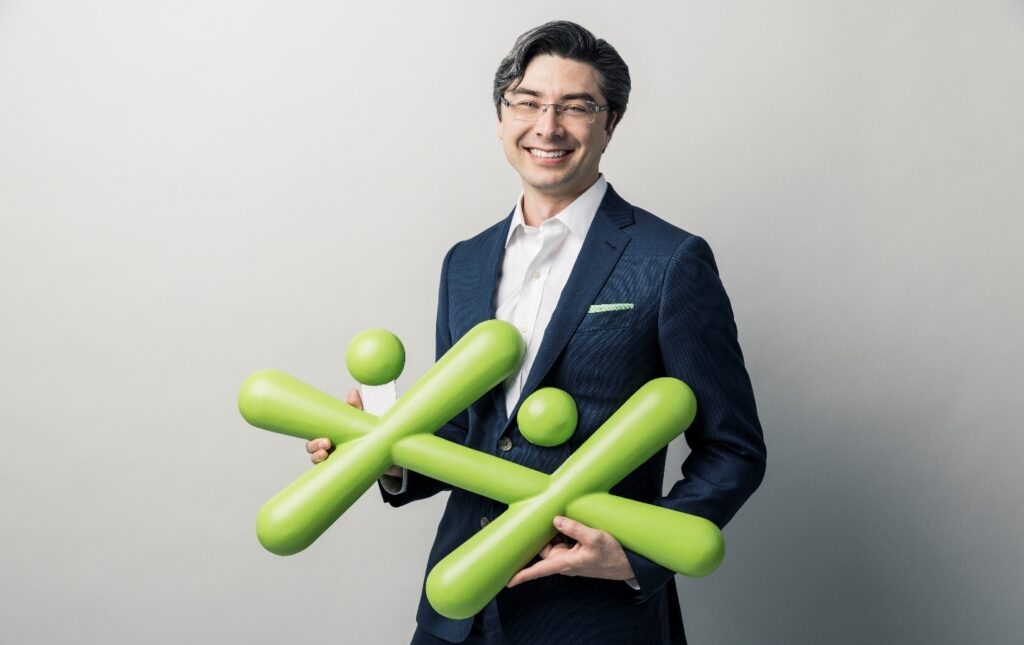
What does BGC Canada look for in a Youth of the Year winner?
Owen: We’re looking for leadership qualities. We’re looking for community service. We’re looking for someone who’s a good communicator, [having] both written and verbal [skills]. So, they’re [a] good presenter as well. Generally, we’re just looking for someone who really represents who the clubs are and what the clubs do. So [we look at] their ability to demonstrate their experience of the club and the experience of what a club does for them in terms of building them, their character, their skills over the years, both academically and athletically.
What will the next two years look like for you as an ambassador for BGC Canada?
Valentina: Over the next two years, I will be participating in a wide range of activities such as digital and in-person participation, speaking engagements, media interviews, and networking opportunities to encourage further development of my communication skills. I will also be widely sharing my BGC story and how it’s progressed my development as a young adolescent and share my perspective on what it means to be a youth participant at BGC camp.
What activities or programs does the organization implement to develop young leaders?
Owen: [The club’s] focus is on after-school programming: what do kids do before and after school? Keeping them, still to this day, off the street, so that they’re engaged in something very productive aside from being on the street and getting into potential trouble, and keeping them active, both recreationally, but also academically. Teaching them life skills from food, nutrition, and cooking to how to balance your checkbook and be financially savvy to computer programming—you name it. Youth in our clubs are choosing and pursuing and getting interested in all sorts of aspects of making them [full-fledged] participating citizens in life.
In your opinion, how important is the role of community in developing young leaders?
Valentina: There’s a very common saying, “It takes a village to raise a child,” and I think that alone can encompass how critical community is at developing young leaders at such a vulnerable age, especially in deprived regions of the city. Staying grounded is extremely important. Not everyone has the privilege of a safe household and having a place for youth to take refuge in and confide with some trusting adults—[This] is a saving grace for youth. They always say that BGC is like that third place between school and home. You’re going to go from wanting to protect your community and progress from participating in your local community to eventually even being inspired to expand your impact beyond the confines of your geographical area.
As an immigrant, what challenges did you have to face to become a leader in your community?
Valentina: One of the biggest challenges that I had to overcome was definitely breaking out of my shell. I’ve always been driven and full of ideas, but I was insecure. I didn’t want to be judged. Another challenge was that I lacked exposure. I didn’t know much about Canada as a country, let alone its history and its problems. I needed to gain experience. I needed to observe and learn and then try to approach the issues that I found in my community, and just be cognizant and conscious of my surroundings.
As a social entrepreneur, what are the biggest challenges you face?
Owen: Social enterprise talks a lot about earned revenue and social, [so] financial models are important. And one of the things we focus on with clubs is that they need to be increasingly financially independent. So, finding diversification of revenue, figur[ing] out models of revenue. The pandemic taught us actually that some of that can be risky because earned revenue really dropped off for [everyone]. So, if people are charging fees for attendance, well, there’s no attendance [and] you can’t charge fees. And I think the hardest thing in terms of any social enterprise is finding that financial model that really works.
And I think we’ve been lucky that we’ve had years to build up the organization to be financially resilient in lots of different ways. Whether that’s government contracts, fee for service, for childcare fees and daycare fees, to philanthropy and donations, I think the hardest thing as a social entrepreneur is finding that revenue mix.
What motivated you at such a young age to launch a non-profit of your own, The Butterfly Effect?
Valentina: After the first COVID shutdown, I was extremely frustrated. I’m very extroverted. Between schoolwork, volunteering in the library, I was honestly barely at home, but all of a sudden, I had to just stay at home with no clear direction of what’s next. I think I can confidently say everyone has picked up a hobby or two over the quarantine. One of mine happened to be embroidery art. One day as I embroidered in the living room beside my mom, I heard her on the phone with relatives in Syria and she was checking up on them and inquiring about the situation there. [The situation] was terrible, honestly. Not only was there political unrest and violence, there was extreme economic deprivation in the area. And then it dawned on me that I’m no longer the helpless nine-year-old newcomer and that I had the ability to do something about it. So, I use[d] social media and began advertising and selling something that I enjoyed doing, which was embroidery canvases. Then I used the funds to directly help out the city of Al-Darakeh in Syria. And I’m slowly trying to expand my reach beyond just Syria.
Having been in executive leadership roles for quite some time, what do you consider good leadership?
Owen: I’m going to stick to talking a bit about the pandemic, because I think it’s important that the pandemic’s really reminded leaders—good leaders—that leaders don’t always have all the answers. [It’s] not their job to have the answers; it’s to help facilitate people [to] find the answers. I think that’s really what leadership’s about. I think the other thing though, that it’s taught us is that leadership is about providing some form of stability when other things are complicated and unstable. So, if you look at our political leaders, what we want from them is clear guidance. […] And I think that’s the critical piece of leadership [that it] doesn’t mean you don’t change your mind and change directions if there’s new information, but it does mean that you have to really make those decisions and make some tough calls.
What advice do you have for other people your age who wish to become leaders in the future?
Valentina: I want young people to understand that leadership is not guiding hundreds of people at a time and, and being, the Prime Minister. I mean, although he is a great leader, sometimes just guiding one person, helping a single person other than yourself is leadership. Making an impact on someone and sharing some of your ideas and passions is leadership. Just put yourself out there. There’s nothing to lose and plenty to gain, and trust me, that being a leader is so fulfilling. Is it stressful at times? Definitely. Can it get hard to balance with school and other things? For sure. But remembering that you’re part of a mission that aims to leave a positive legacy on earth will make it all worth it at the end of the day.
Arslan Ahmed | Staff Writer

